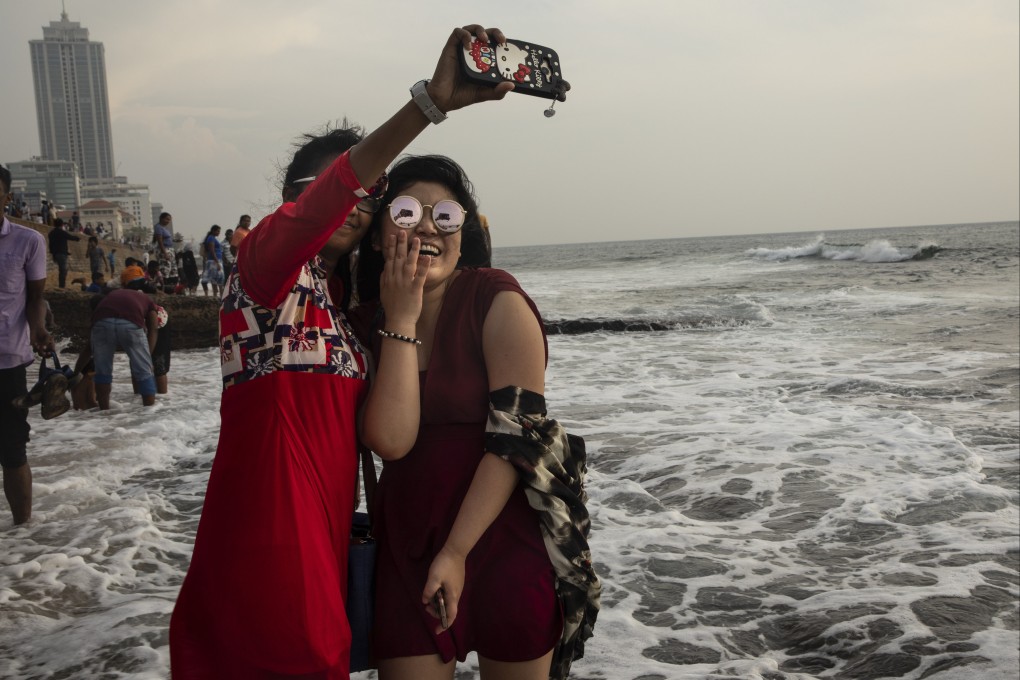Has Covid-19 killed off cheap holidays? Why overseas travel will cost more after the pandemic
- The days of budget holidays may be behind us as tourism heads towards a reboot after the pandemic
- With car rentals, airfares and accommodation all costing more, pricey Covid-19 tests and insurance, and tourist taxes, trips are set to get more expensive

The longer the wait for travel restrictions to be lifted, the more time some of us spend scouring websites and blogs in search of inspiration.
Our meticulously researched long-haul odysseys and short-haul minibreaks aren’t going to happen any time soon but when we do finally get the all-clear, that first overseas trip could be among the most painstakingly prepared journeys we’ve ever planned.
And it seems increasingly likely those trips will be considerably more expensive than holidays of the past. Granted, there are a few bargains around as companies kick-start the recovery with discounts aimed at tempting travellers out of their armchairs, but this will probably be temporary.
By the time Hongkongers eventually take to the skies, tourism will probably be a lot more costly than it once was. Here are a few reasons why.

Car rental fees have gone through the roof for a number of reasons. Not wishing to be caught out with an excess of supply at a time of limited demand, hire companies sold many of their vehicles as the pandemic took hold in 2020.